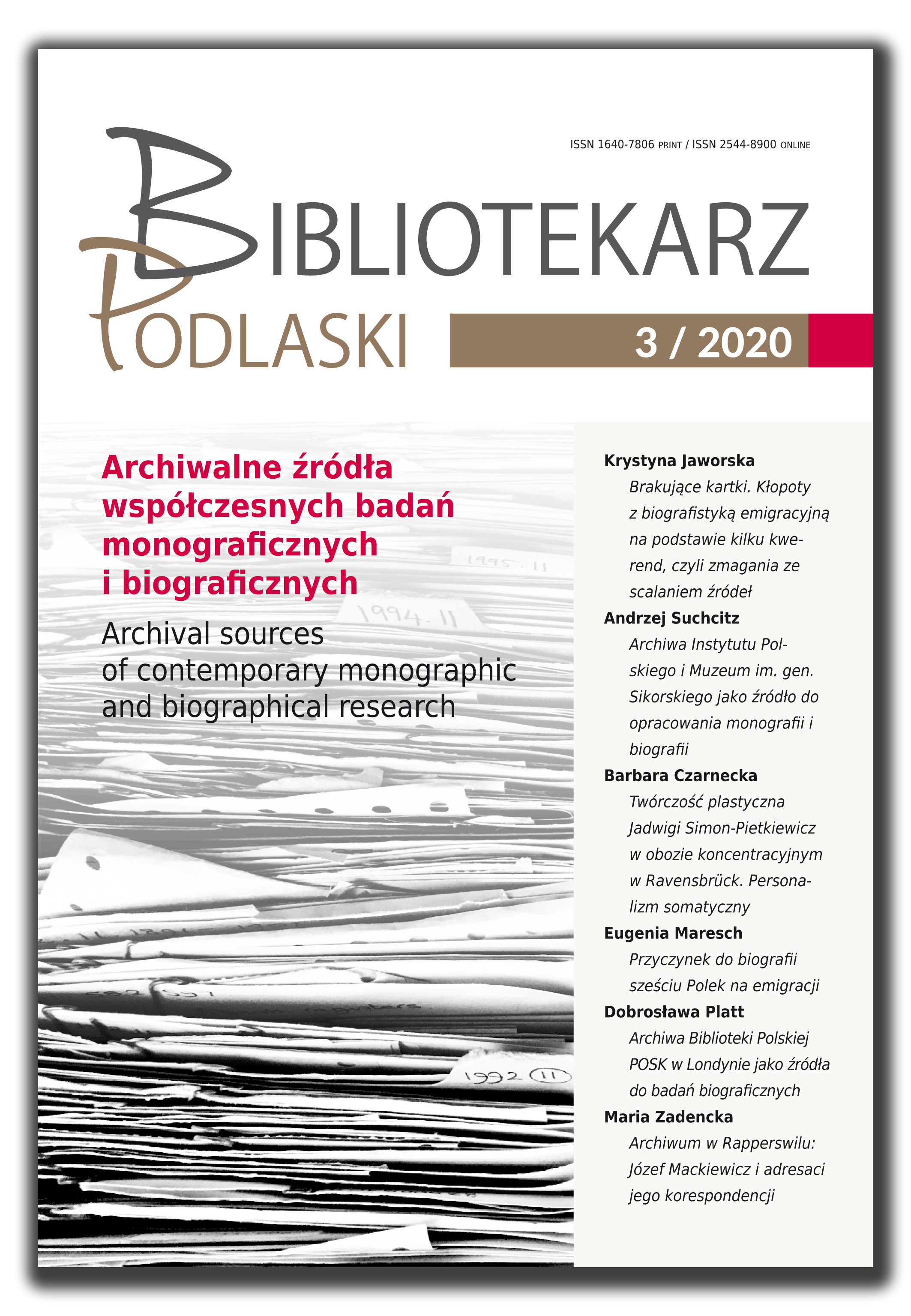Abstract
The article deals with the problem of the lexical meaning of the word in the broadest sense. Today, linguists distinguish lexicographic meaning, psychologically real, associative, conceptual and symbolic meaning of the word. Proper names have the so-called noun meaning. The symbolic meaning in onyms depends on extralinguistic factors. Most often, onyms with symbolic meaning are used in poetic texts, because firstly, they are distillations of specific concepts, and secondly, an author’s meaning that express emotional-evaluative relationships that can be added to them. In the poetic texts of modern Odessa authors most frequently were mythonyms with symbolic meaning (72% of the total number of analyzed texts), secondly biblical expressions (24%), and proper names of famous personalities (4%) were third place. Author’s meaning was expressed, as a rule, with a positive assessment; emotions of irony, self-irony, and sense of humor.
References
Ганиева Г.Р., Определение значения имени собственного, [в:] Режим доступа www.ff.unipo.sk/jak/9_2012/ganieva.pdf [dostęp: 01.07.2020 r.].
Денисов Н. В., К вопросу о значении имени собственного в современной лингвистике, [в:] „Молодой ученый” 2015, № 8, с. 116-118. Режим доступа https://moluch.ru/archive/88/17175/ [dostęp: 01.07.2020 r.].
Карпенко Ю. О., Про літературну ономастику: Міркування на базі твору Ліни Костенко «Коротко – як діагноз», [в:] Linguistica slavica. Ювілейний збірник на пошану Ірини Михайлівни Железняк, Київ 2002, с. 75-83.
Літературознавчий словник-довідник, Київ 2007.
Никитин М. В., Основания когнитивной семантики, СПб. 2003.
Поэтическая страница – стихи об Одессе. Режим доступа: http://odesskiy.com/poeticheskaya-stranitsa/ [dostęp: 01.07.2020 r.].
Сапрыгина Н. В., Авторская семантизация в художественном тексте, Одесса 1995.
Сапрыгина Н. В., Психолингвистика художественного текста. Коммуникация автора и читателя, Одесса 2012.
Селіванова О. О., Лінгвістична енциклопедія, Полтава 2010.
Селіванова О. О., Сучасна лінгвістика: напрями та проблеми, Полтава 2008.
Словарь иностранных слов, Москва 1987.
Стернин И. А., Лексическое значение слова в речи, Воронеж 1985.
Стернин И. А., Значение и контекст: сходства и различия, [в:] Общение. Языковое сознание. Межкультурная коммуникация. Сборник статей, Калуга 2005, с. 135-143.
Яковлева О., Переход собственных имен в нарицательные. К проблеме лексико-семантического способа образования существительных русского языка ХІ-ХХ вв.: автореф. дис. ... канд.филол. наук, Одесса 1990.
Denysov N. V., K voprosu o znachenyy ymeny sobstvennoho v sovremennoy lynhvystyke, „Molodoy uchenyy” 2015, nr 8, s. 116-118, [w:] https://moluch.ru/archive/88/17175/ [dostęp: 01.07.2020 r.].
Hanyeva H.R., Opredelenye znachenyya ymeny sobstvennoho, [w:] www.ff.unipo. sk/jak/9_2012/ganieva.pdf [dostęp: 01.07.2020 r.].
Karpenko Y. O., Pro literaturnu onomastyku: Mirkuvannya na bazi tvoru Liny Kostenko «Korotko – yak diahnoz», [w:] Linguistica slavica. Yuvileynyy zbirnyk na poshanu Iryny Mykhaylivny Zheleznyak, Kyyiv 2002, s. 75-83.
Literaturoznavchyy slovnyk-dovidnyk, Kyyiv 2007.
Nykytyn M. V., Osnovanyya kohnytyvnoy semantyky, SPb. 2003.
Poétycheskaya stranytsa – stykhy ob Odesse, [w:] http://odesskiy.com/poeticheskaya-stranitsa/ [dostęp: 01.07.2020 r.].
Saprygina N. V., Avtorskaya semantizatsiya v khudozhestvennom tekste, Odessa 1995.
Saprygina N. V., Psikholingvistika khudozhestvennogo teksta. Kommunikatsiya avtora i chitatelya, Odessa 2012.
Selívanova O. O., Língvístichna yentsiklopedíya, Poltava 2010.
Selívanova O. O., Suchasna língvístika: napryami ta problemi, Poltava 2008.
Slovar’ inostrannykh slov, Moskva 1987.
Sternin I. A., Leksicheskoye znacheniye slova v rechi, Voronezh 1985.
Sternin I. A., Znacheniye i kontekst: skhodstva i razlichiya, [w:] Obshcheniye. Yazykovoye soznaniye. Mezhkul’turnaya kommunikatsiya. Sbornik statey, Kaluga 2005, s. 135-143.
Iakovlieva O., Perekhod sobstvennykh imen v naritsatel’nyye. K probleme leksikosemanticheskogo sposoba obrazovaniya sushchestvitel’nykh russkogo yazyka ХІ–ХХ vv.: avtoref. dis. ... kand.filol. nauk, Odessa 1990.
Articles published in the “gold open access” mode on the basis of a non-exclusive license agreement between the publisher and the author. Permitted use:
- the publication may be read and stored on any device,
- the publication may be cited (with obligatory reference to the author, the title of the text, as well as the full title, bibliographic address of the issue and page of the journal)
The editorial team of “Bibliotekarz Podlaski” implements an open access policy by publishing materials in the form of the so-called Gold Open Access. From volume 42 (issue 1/2019), the journal is available under the Creative Commons license (Attribution – ShareAlike: CC BY-SA).
The key declarations of the Open Access and Open Science movement, which we fully support, are available on the CEON Open Science website.
COPYRIGHT:
The editorial team of “Bibliotekarz Podlaski” implements an open access policy by publishing materials in the form of the so-called Gold Open Access. The journal is available under the Creative Commons license – Attribution – ShareAlike 4.0: International: CC BY-SA 4.0).
The key declarations of the Open Access and Open Science movement, which we fully support, are available on the CEON Open Science website.
“Bibliotekarz Podlaski” allows its readers to read, download, copy, distribute, print, search and link to the full content of articles. We enable full, immediate, unlimited (both in a territorial, temporal and technical sense) open access to all published content, in accordance with the principle that freely available research increases and accelerates the global development of science and the exchange of knowledge.
The editorial team of “Bibliotekarz Podlaski” encourages authors to place articles published in the journal in open repositories (after the review or the final version of the publisher), provided that a link to the journal’s website is provided.
The journal does not charge the authors any fees for accepting and publishing their texts.


